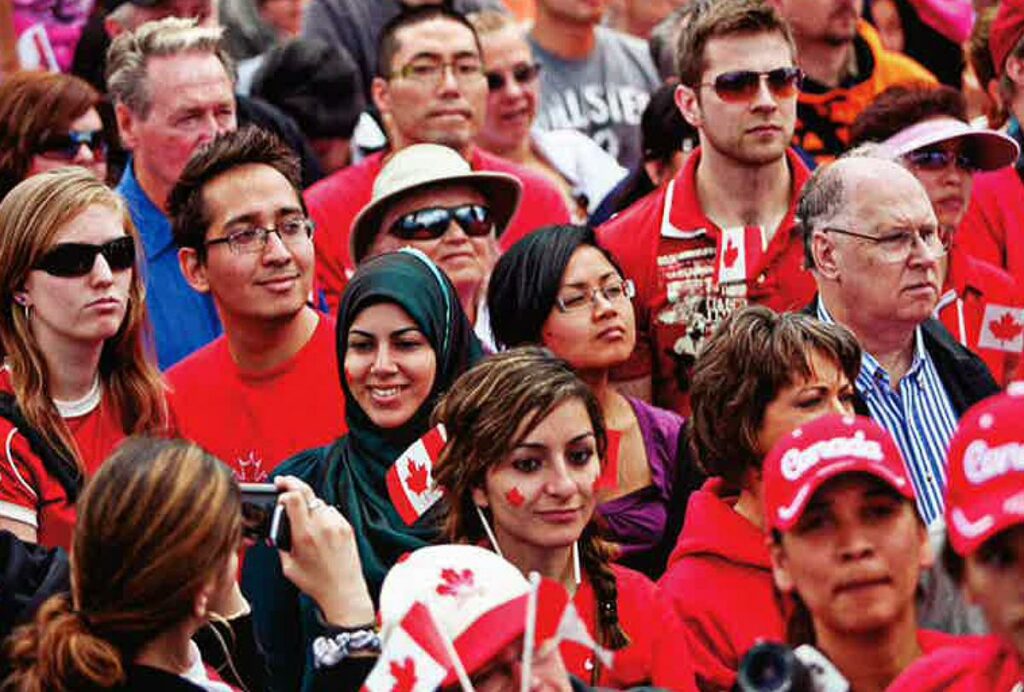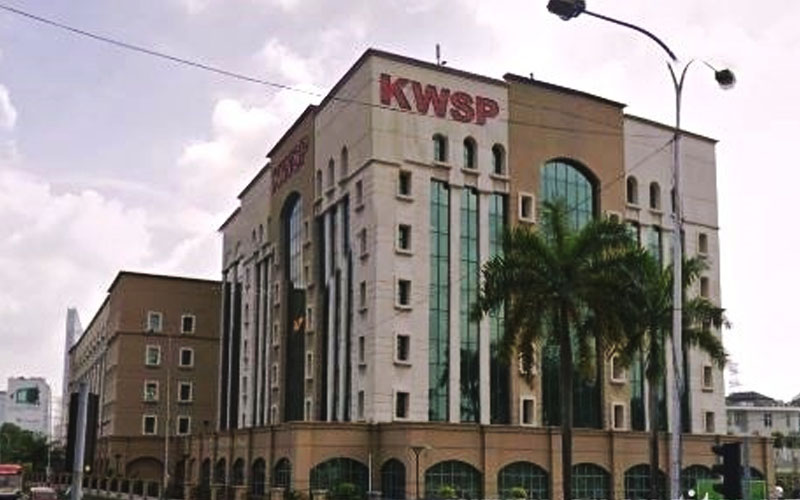Who do you think are the most vulnerable group of Malaysians in the country?

The answer is informal workers, who make-up about 39% or 5.9 million of the work force in the country.
They are not covered by the existing employment-related social protection system. Put differently, four out of ten workers employed in the informal sector have no access to social protection.
The Covid-19 pandemic presents an unprecedented challenge: one that requires new ways of thinking about existing provisioning of social protection in the country.
The informal workers are a big population to be left behind and require urgent attention.
In general, social protection provides a cushion for vulnerable groups facing hardships. A well- designed system could provide a transition strategy in facing the immediate hardships of job loss, to reskilling and back to the job market.
The existing social protection system needs to transformed from a stop-gap measure to a more thought-out and wholistic approach, one that is sustainable and equitable.
Existing social protection system excludes in-formal workers?
At present, social protection measures benefit workers with full-time employment.
The government, under the Prihatin package provided a one-off cash transfer of RM 1600 to the B40 group, which include informal workers, and RM 500 for e-hailing drivers.
According to EPF Belanjawanku’s estimates, the living wage for a family of four is about RM6,620.
Clearly, the RM 1600 cash transfer is hardly sufficient for a family of four to tide over for the duration of the crisis, which at this time is unpredictable.
In Canada, income support is provided for workers who are not qualified for employment insurance, including a payment of $2,000 every four weeks for up to 24 weeks.

Firstly, the government needs to identify informal workers who are outside of any government register through a mobile app for immediate support.
In addition, the government should automatically increase cash transfers for people registered with e-kasih and Bantuan Sara Hidup until December 2020, given that most informal workers would be registered in this group.
In this way, the social protection system will prevent informal workers and their families from dropping further into poverty.
Social protection for poor families should not be paid by the poor.
The government’s i-Lestari scheme allows workers to withdraw a maximum amount of RM 6000 in a 12 month (12xRM 500) period under the Account 2 managed by EPF.
Here, government is tapping on to worker’s retirement savings to support social protection policies.

And it has implications for low wage EPF contributors. The plan to support the most vulnerable population is poorly conceived as the bottom 10 percent of EPF contributors have only about RM 319 in Account 2. Thus, the poor will not be able to take advantage of the i-Lestari scheme.
Social protection for poor families should not be paid by the poor. EPF savings are meant to be retirement savings.
In UK, the government provides 80% wage subsidies to workers and also contributes to employer National Insurance Contributions and employer pension contributions for 5 months, while steadily reducing support for subsequent months.
Hence, I urge the government to reimburse the RM500 to workers and further suggest that it pays the workers share of EPF payment up to March 2021 as part of an enhanced wage subsidy program.
This way, the government’s social protection programs will help provide a sense of income security for unemployed workers.
Also, the government should revamp the existing wage subsidy programme to provide an across the board 80 percent reimbursement for SMEs that experienced 30% revenue drop. The support should be extended up till March 2021. In this way both SME and workers are protected from the crisis.
Funds for Social Protection should be seen as a long-term investment in people and economy.
Malaysia’s social safety net remains a stop-gap measure. More needs to be done to increase the depth of coverage, as measured by the average expenditures per beneficiary relative to GDP per capita.
In 2018, Malaysia spent RM14.6 billion on social assistance, which amounts to about 1.0 percent of GDP.
This is lower than the average share of GDP in social assistance programmes across all country income groups – Low income: 1.4%; Lower-middle income: 1.5%; Upper-middle income:1.6%; High income: 2.0%.
The expenditure on total subsidies and social assistance have dropped by about 48% from RM44.7 billion in 2012 to RM30.2 billion in 2018.
Malaysia needs to increase its investments in social protection. The majority of workers depend on social safety measures as a life-line to move on with their lives in a post Covid-19 environment.
More investments in social protection helps the workers, business and economy.
In times of crisis, all stakeholders – government, employers and workers – have to share the economic hardship, common good of society and economic sustainability.
Income support is provided for workers who are not qualified for employment insurance, including a payment of $2,000 every four weeks for up to 24 weeks.
CHARLES SANTIAGO
MP, KLANG



